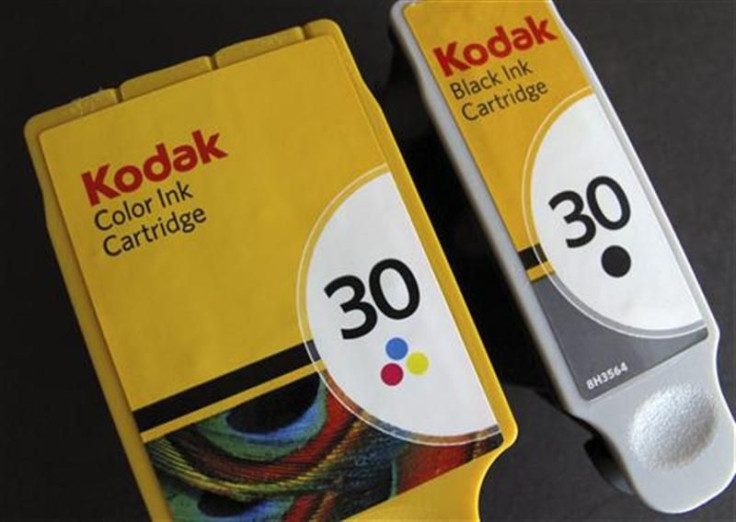Kodak Shares Fall 40 Percent in Week on Bankruptcy Fears, Moody’s Downgrade

Shares of imaging pioneer Eastman Kodak plunged more than 40 percent this week on reports the company might file for bankruptcy soon.
Kodak shares fell another 11.4 percent Friday to close at only 37 cents; they closed 2011 at only 65 cents. Its market capitalization fell to $99.9 million at the close of the first week of 2012 trading.
Not long ago, the Rochester, N.Y.-based company was a blue chip priced around $90 with a market capitalization of $40 billion. The one-time photography pioneer and film giant lost most of its market to Japanese competitors such as Canon, Nikon and Olympus, which made fortunes on the digital camera technology invented at Kodak.
Moody's also downgraded Kodak bonds to junk status, citing the threat of bankruptcy and the company's inability to conclude an auction of 1,100 old patents that has been underway since August, which was intended to fetch at least $2 billion.
CEO Antonio Perez, a former top executive of Hewlett-Packard, had been confident the imaging patents would attract bids from the likes of Apple, Google, Research in Motion and other companies that bought patents for large amounts in 2011. Kodak licensed a pile of movie patents to Imax, the large-sized movie screen chain, in the fourth quarter in return for royalties.
Kodak bonds and probability-of-default ratings were cut by Moody's analyst Richard Lane to Caa3 from Caa2 while senior unsecured debt was trimmed to Ca from Caa3 and senior secured debt lowered to Caa1 from B3.
Lane said the outlook for Kodak is negative.
Meanwhile, the New York Stock Exchange advised Kodak its shares could be delisted if they can't close above $1 at the close of a calendar month and meet other technical qualifications.
Kodak had no comment on any activity all week but its longtime media spokesman, Gerard Meuchner, resigned. Until joining Kodak, Meuchner had been a journalist with Bloomberg News.
The company said Tuesday fourth-quarter results would be announced Jan. 26.
In the third quarter, similar reports about a bankruptcy filing also sent Kodak shares plunging and forced a Sept. 30 announcement the company had hired Jones Day, a law firm experienced with restructuring.
CEO Perez, 65, said in November he was confident Kodak would have a solid fourth quarter, meet cash obligations and complete its conversion to a fully digital company.
Last month, Kodak appointed a co-president, Laura Quatela, 54, who had been general counsel. The company didn't announce why her position was needed to complement co-president Philip Faraci, 55.
Last week, three directors resigned from the Kodak board, including Laura Tyson, a business professor at the University of California, Berkeley, as well as two representatives of Kohlberg Kravis Roberts, the private equity firm which acquired $300 million of Kodak senior secured notes in 2009.
All three directors said their resignations had been routine.
© Copyright IBTimes 2024. All rights reserved.












